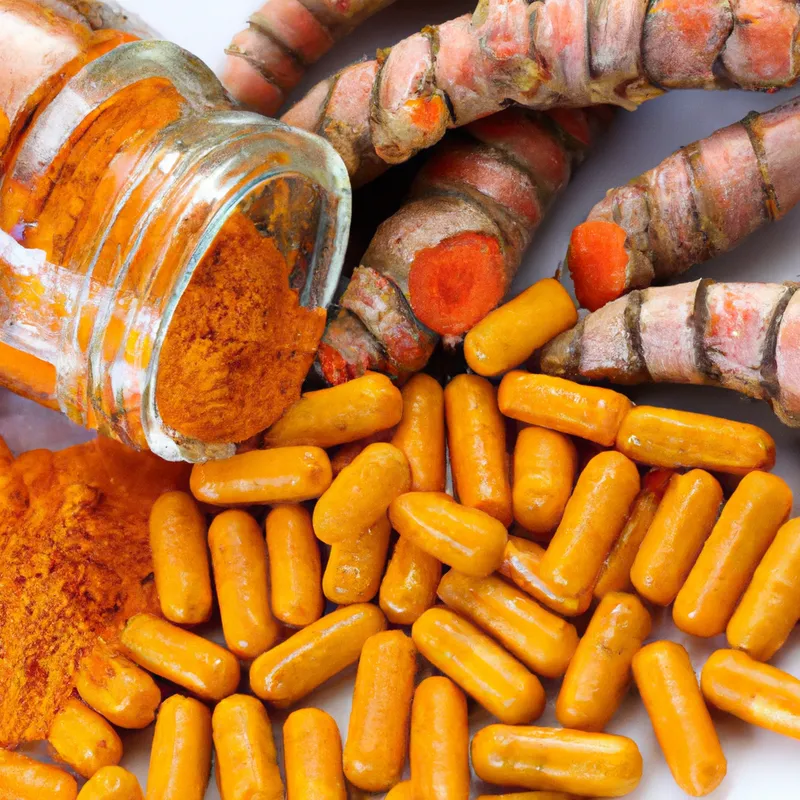Boost Omega-3 Absorption with Turmeric Power
How Turmeric Enhances the Bioavailability of Omega-3 Fatty Acids
Turmeric has gained popularity for its health benefits. This vibrant yellow spice contains curcumin, a powerful compound. Research shows curcumin enhances omega-3 fatty acids’ bioavailability, essential for health. This post explores turmeric’s effects, diet tips, and benefits of this duo.
Understanding Bioavailability
Bioavailability measures how well a nutrient absorbs into the bloodstream. Our bodies cannot produce omega-3 fatty acids, so we must obtain them from our diet. We mainly find these fats in fish, flaxseeds, and walnuts. Omega-3s support brain function, heart health, and reduce inflammation. However, absorption often struggles due to various factors, including chemical structure and competing nutrients. Turmeric addresses this issue.
The Role of Curcumin
Curcumin, turmeric’s active ingredient, possesses strong anti-inflammatory and antioxidant properties. These qualities make curcumin an excellent partner for omega-3 fatty acids. Research indicates curcumin improves omega-3 absorption by enhancing digestion. Together, these compounds amplify their benefits, promoting overall health.
How Turmeric Improves Omega-3 Absorption
Turmeric enhances omega-3 bioavailability through several mechanisms.
1. **Improved Gut Health**: Curcumin promotes gut health by maintaining intestinal lining integrity. A healthy gut lining facilitates better nutrient absorption, including omega-3s. Curcumin ensures the body can utilize consumed nutrients effectively.
2. **Increased Solubility**: Curcumin increases omega-3 fatty acids’ solubility. This improvement allows the body to absorb more beneficial fats. Poor water solubility limits omega-3 absorption. By enhancing solubility, curcumin ensures more omega-3s enter the bloodstream.
3. **Reducing Inflammation**: Chronic gut inflammation hinders nutrient absorption, including omega-3s. Curcumin’s anti-inflammatory properties help reduce this inflammation. This reduction allows for more efficient nutrient uptake, especially for those with gastrointestinal issues affecting absorption.
4. **Synergistic Effects**: Taking curcumin and omega-3s together may yield synergistic effects, enhancing their health benefits. Both compounds support heart health and cognitive function.
Conclusion
Turmeric significantly enhances the bioavailability of omega-3 fatty acids, promoting overall health through improved absorption and nutrient synergy.
Below are related products based on this post:
FAQ
What is bioavailability and why is it important for omega-3 fatty acids?
Bioavailability measures how well a nutrient absorbs into the bloodstream. It is crucial for omega-3 fatty acids because our bodies cannot produce them, requiring us to obtain them from our diet. High bioavailability ensures that we effectively absorb the necessary omega-3s found in sources like fish, flaxseeds, and walnuts, which support brain function, heart health, and reduce inflammation.
How does curcumin enhance the absorption of omega-3 fatty acids?
Curcumin enhances omega-3 absorption through several mechanisms. It improves gut health by maintaining the intestinal lining’s integrity, increases the solubility of omega-3s for better absorption, reduces chronic gut inflammation that hinders nutrient uptake, and may create synergistic effects when taken together with omega-3s, amplifying their health benefits.
What are the overall health benefits of combining turmeric and omega-3 fatty acids?
The combination of turmeric and omega-3 fatty acids promotes overall health by improving absorption and nutrient synergy. Together, they support heart health, enhance cognitive function, and reduce inflammation, resulting in a more effective way to reap the benefits of these essential nutrients.















Post Comment